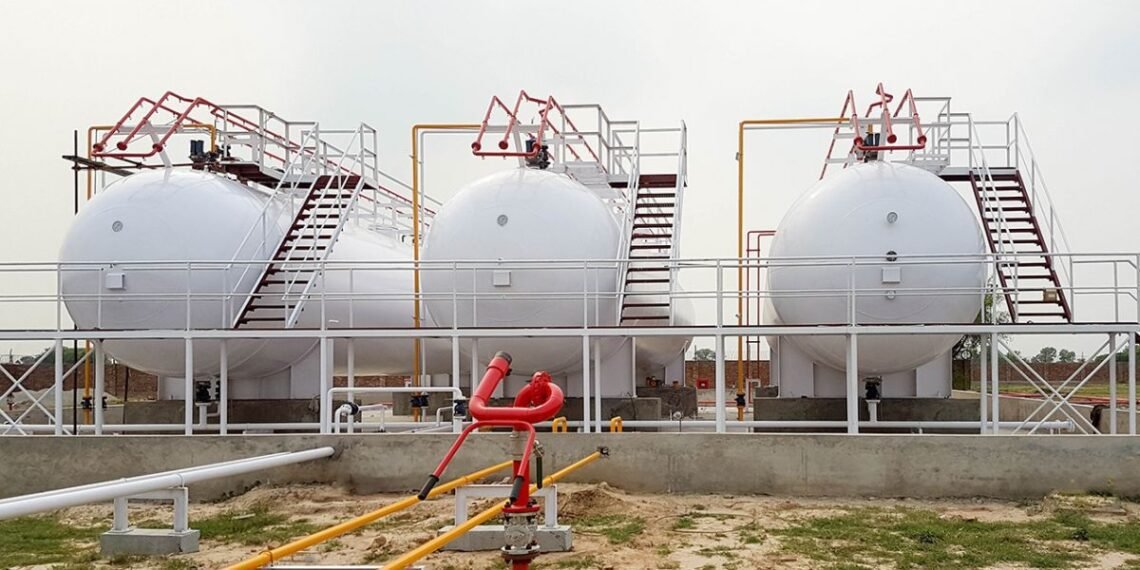The government has permitted the private sector to establish LPG Air-Mix Plants (AMPs) and given the Oil & Gas Regulatory Authority (Ogra) the authority to supervise (rather than regulate) the new business through licencing, monitoring, and enforcement.
Under the new policy directives issued to Ogra, the private sector will be permitted to construct LPG air-mix facilities based on commercial considerations and at their own expense and risk, provided they meet Ogra’s licencing and operational requirements.
Approximately 6-7 years ago, the government gave the business of LPG air-mix plants to the two public sector gas companies, SSGCL and SNGPL, through subsidised schemes for remote areas. However, the business was unable to flourish as planned due to inherent resistance from operators and issues with subsidy settlements. On the other hand, a small number of private-sector LPG AMPs have amassed a substantial customer base.
The LPG supply preferences or dedication referenced in clause 3.6.7 of the LPG Policy 2016 regarding the mandatory allocation of 10% local LPG to local air-mix plants will not apply to LPG AMP developed by the private sector. This clause mandated that all local LPG producers in Khyber Pakhtunkhwa and Punjab dedicate 10 percent of their output to LPGAMP and Marketing Companies for exclusive distribution in these regions. Similarly, all local LPG producers in Sindh and Balochistan will allocate 10% of their output to AMPs and marketing corporations for exclusive distribution in rural Sindh and Balochistan.
Similarly, clause 3.1.1 of the 2016 policy, which required public sector LPG producers to give LPG supply priority to gas utility companies in order to meet the government’s socioeconomic agenda, would not apply to LPGAMPs in this instance. The said clause required the public sector exploration and production (E&P) companies and refineries to give preference in the sale of LPG to gas utility companies for supply to AMPs in pursuance of the government’s socio-economic consideration for supply of fuel to domestic consumers.
In the event that petrol companies are unable to remove the fuel, the LPG would be sold via a competitive bidding process to licenced LPG marketing companies on terms and conditions to be negotiated between the buyer and vendor.
The existing LPG supply agreements between refineries and E&P companies shall be honoured in accordance with their provisions, as stated in section 3.1.1.
However, LPGAMPs would be permitted to purchase LPG in quantity at the producer’s price periodically notified by Ogra. The new policy guidelines stipulated that tariffs for privately developed and operated LPGAMPs must be deregulate.
In addition, the status of LPG AMPs Licensees would be identical to that of LPG storage, filling, and distribution plan licensees, and they would be permitted to import LPG in accordance with the government’s trade policy and any other applicable policies, laws, rules, regulations, and directives.
The LPGAMP licensee, developer, or housing society proprietor may not prohibit consumers or suppliers from switching to competing fuels provided by a third party, such as piped natural gas or LPG cylinders, another LPG Air Mix Plan or virtual LNG project, etc.





